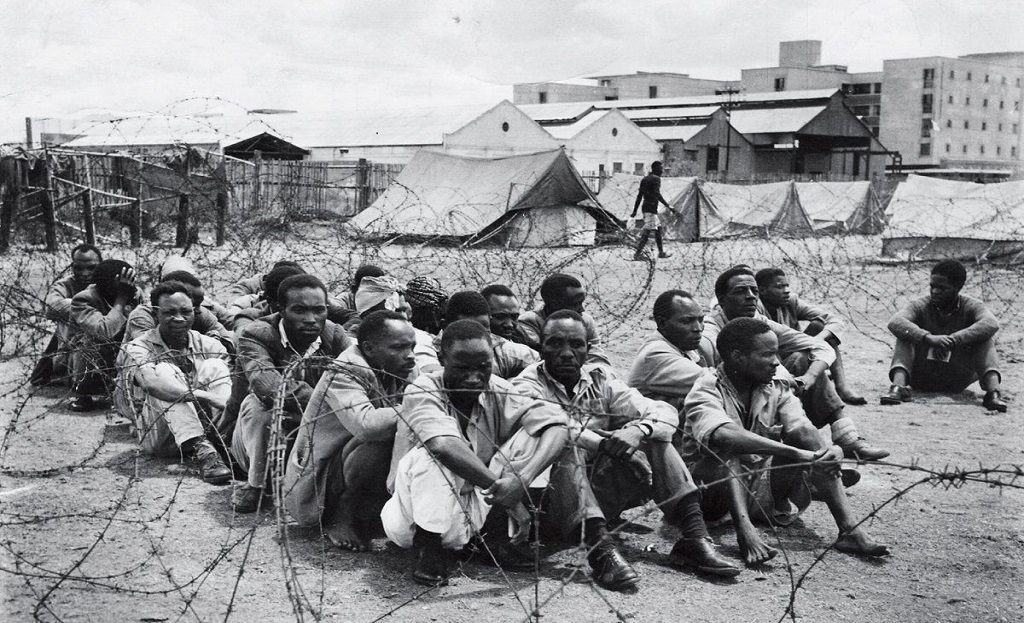A group of Kenyans have filed a lawsuit against the British government at the European Court of Human Rights over colonial-era land theft, torture and mistreatment of their forefathers.
Faraan: Bringing the case to the court on Tuesday, the Kenyan residents said their forefathers were tortured and displaced from their ancestral lands seeking an investigation and redress for crimes they say were committed in western Kenya’s Kericho region, now one of the most important in the world for tea production.
“The UK Government has ducked and dived, and sadly avoided every possible avenue of redress,” said lawyer Joel Kimutai Bosek, who is representing the group. “We have no choice but to proceed to court for our clients so that history can be righted,” he said. The British government has declined to engage the suit directly. It would be up to the court to quantify how much redress could be owed to victims, the legal team said.
Back in 2013, Britain agreed on a multi-million dollar compensation settlement for Kenyans tortured by colonial forces during an uprising at the tail end of the British Empire. According to the United Nations, more than half a million Kenyans from the Kericho area suffered gross violations of human rights including unlawful killings and displacement during British colonial rule, which ended in 1963. Many continue to suffer economic consequences from the theft of their land, the United Nations has said, even as that same land has become profitable for multinational companies.
“Today, some of the world’s most prosperous tea companies, like Unilever, Williamson Tea, Finlay’s and Lipton, occupy and farm these lands and continue to use them to generate considerable profits,” the plaintiffs said in a statement. Unilever, Williamson Tea, Finlay’s and Lipton did not immediately respond to requests for comment. The suit comes just months after more than 100,000 members of the Talai clan sent a letter to Prince William, Duke of Cambridge seeking reparations from the British government during the colonial era.
In the letter, the Talai indicated their frustrations in seeking justice for human rights violations. They specifically highlight instances of unlawful killing, sexual violence, torture, and arbitrary detention. During the 1950s, Britain fought a war in Kenya against the Mau Mau, a movement that fought for independence from colonial rule. The movement was brutally suppressed through the use of widespread detention camps and systemic violence. Successive British governments have so far attempted to distance themselves from the violence.










